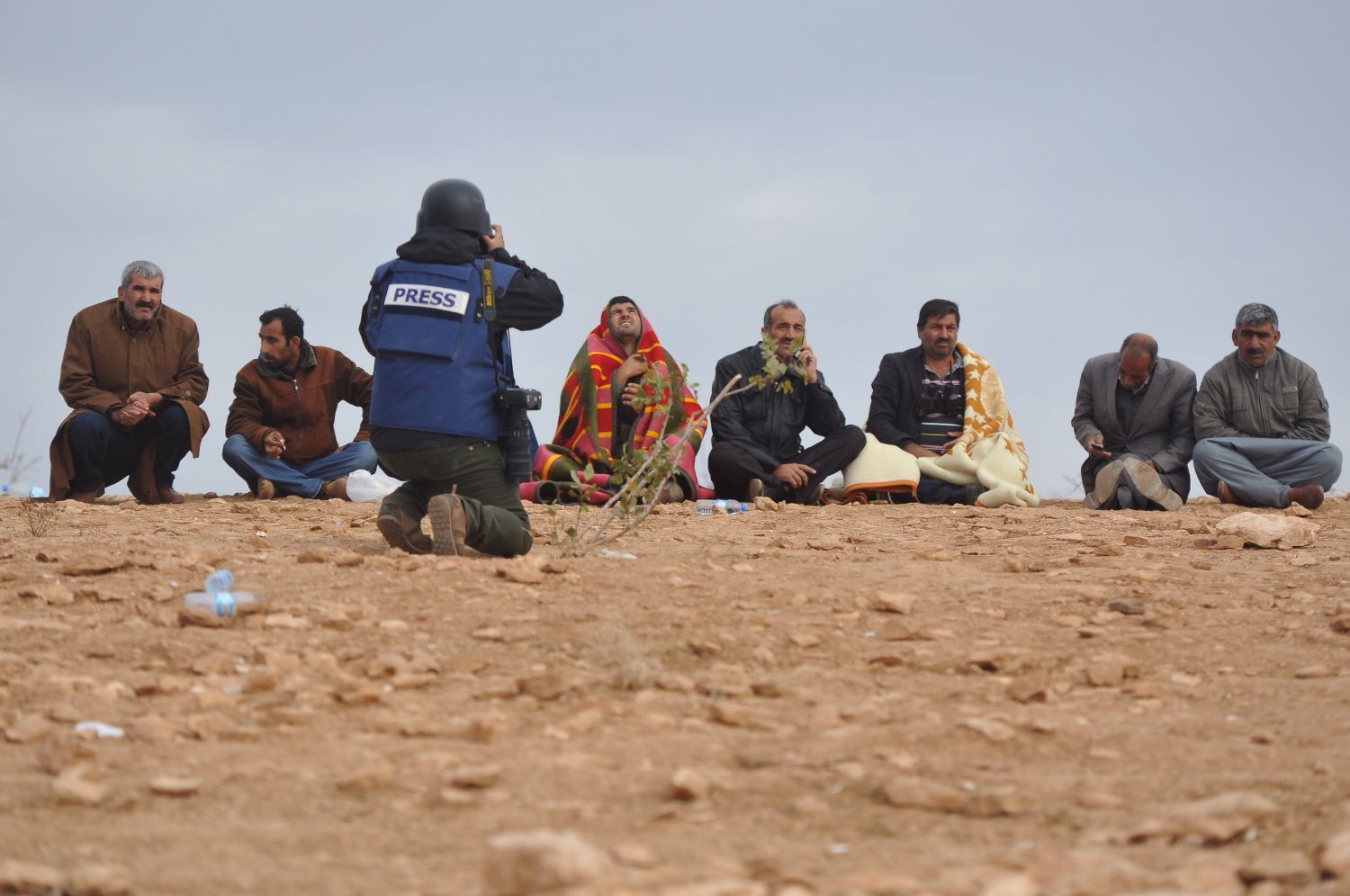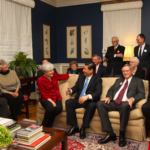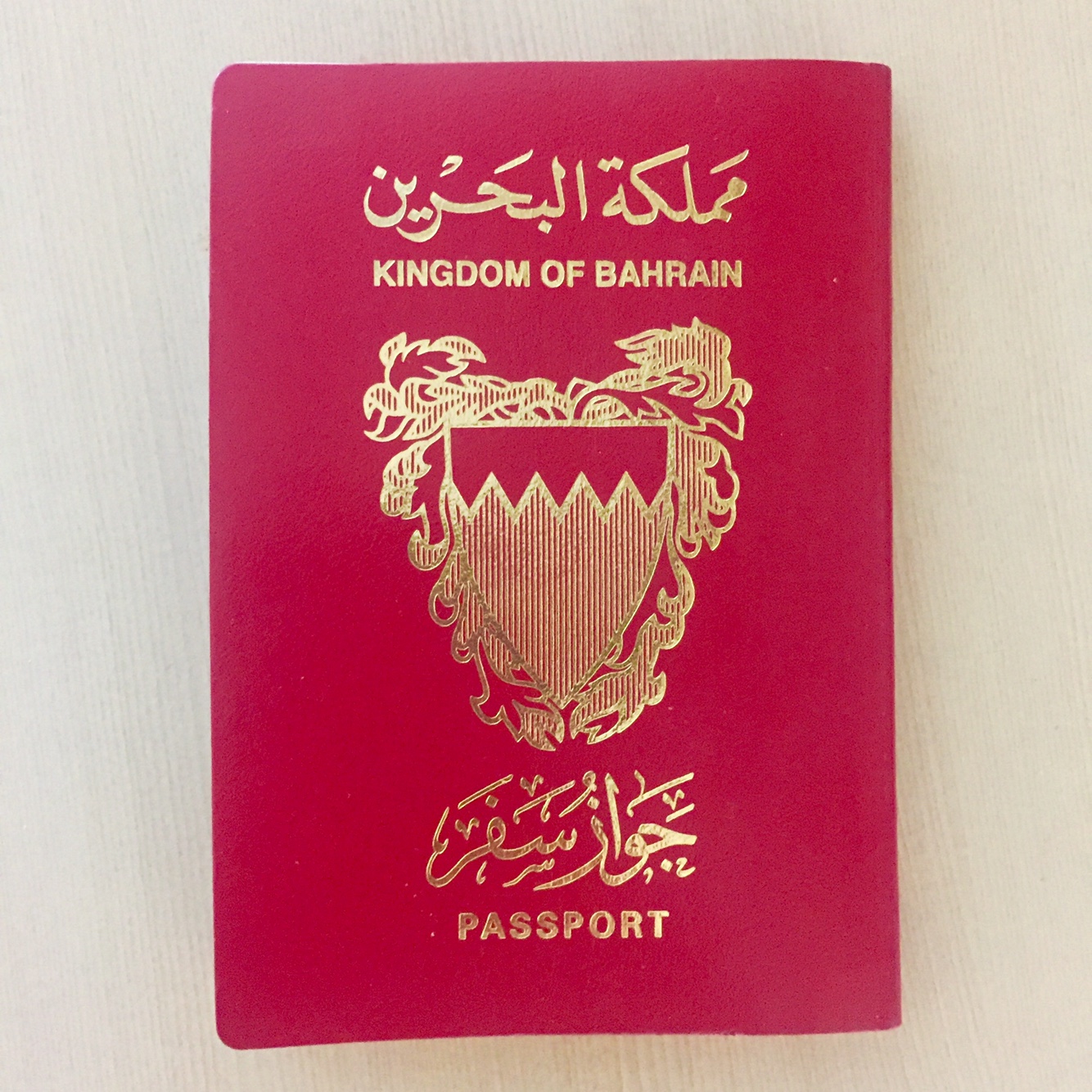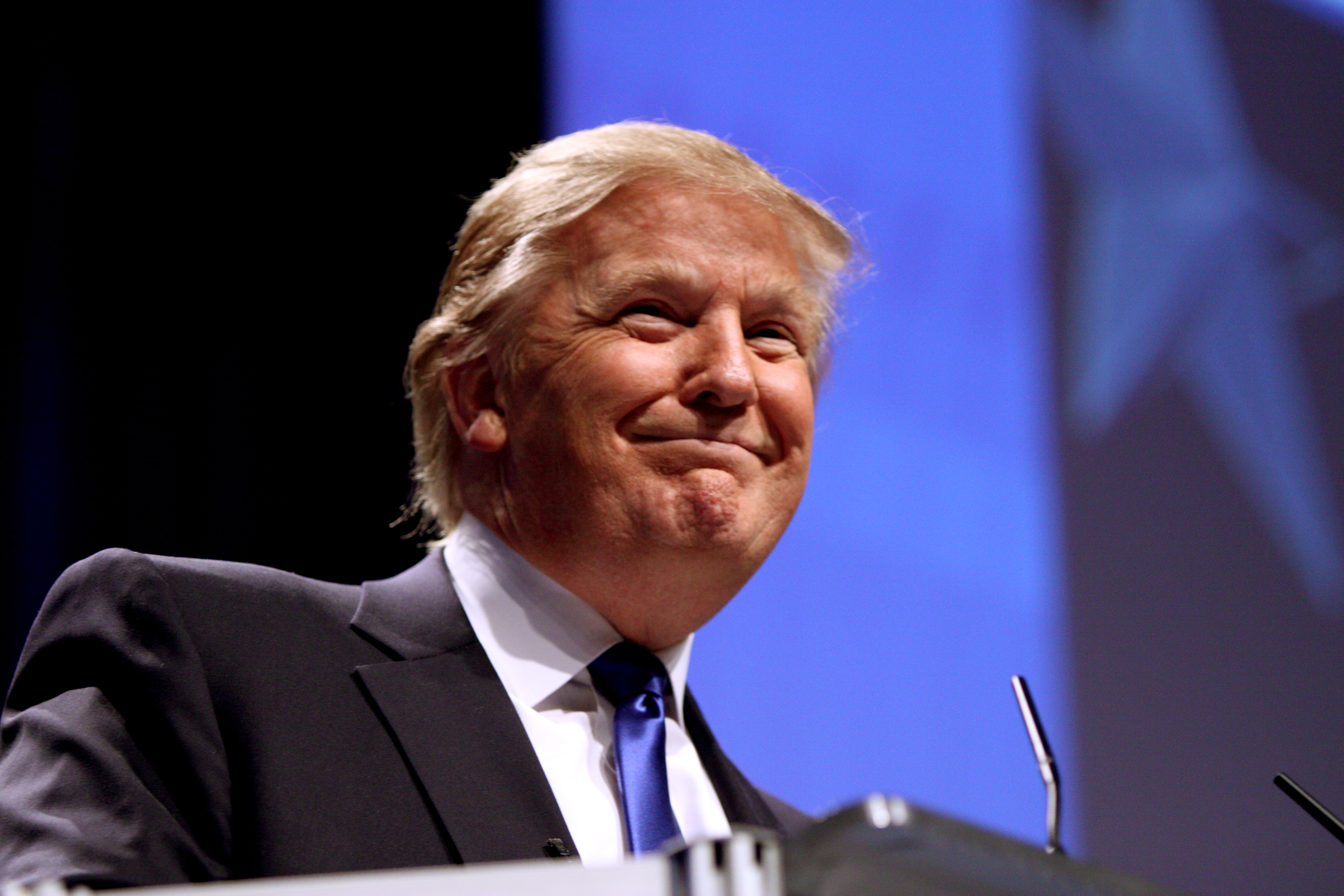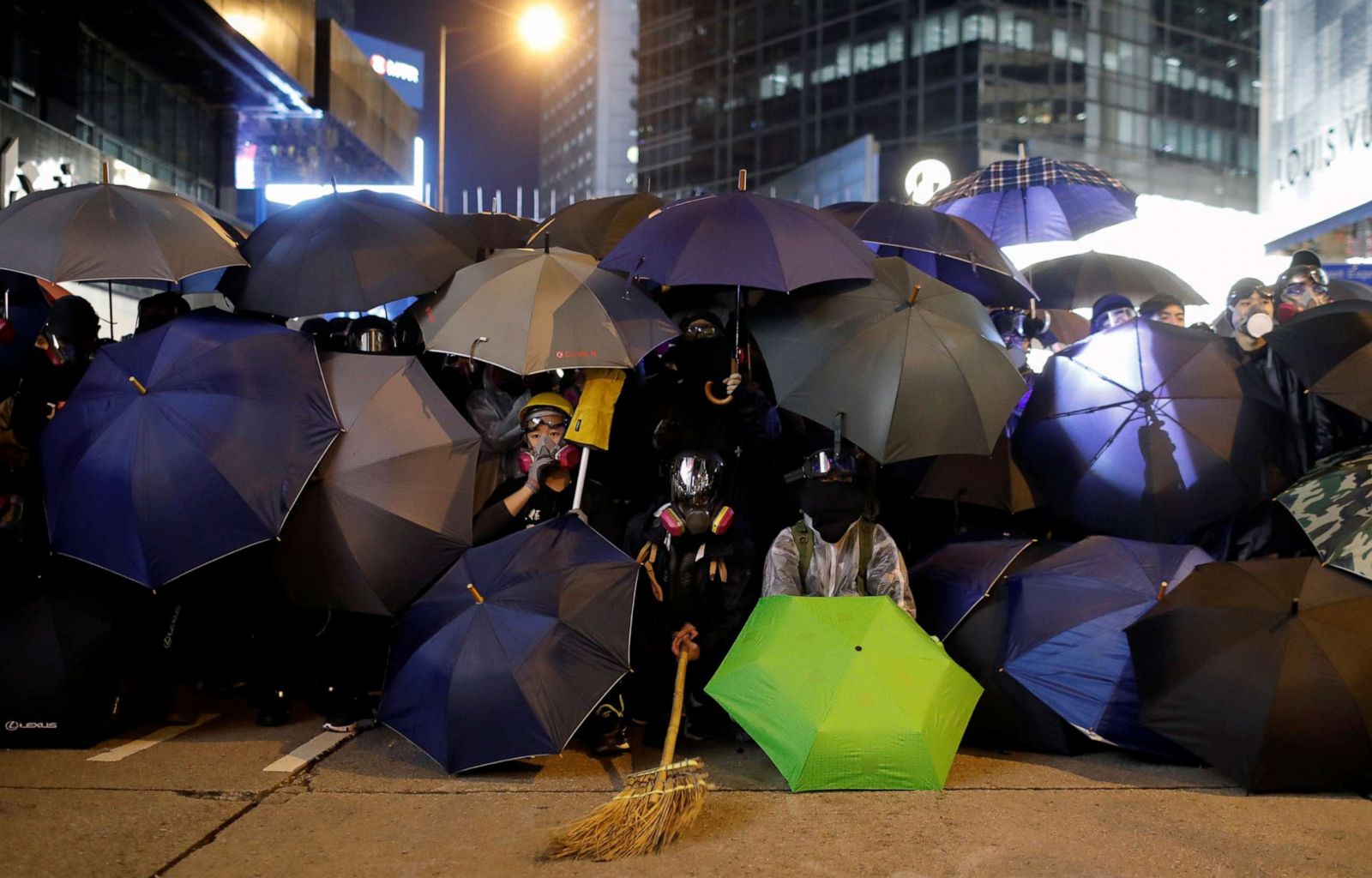In the fog of war, amid a global pandemic, or among the crowd at another nuclear summit—a journalist will find their place and purpose in the middle of things.
It’s always been the role of the press to be present during the most challenging times, be it in a bulletproof vest or military-grade helmet. The media must stay true to their mandate, informing the public of the goings-on in different corners of the world, and using the tools in their arsenal to make sure that the public continues to be informed and educated through photos, videos, and stories.
The current digital landscape has put the growing role of the media in the spotlight. Since time immemorial, the media’s coverage of foreign affairs has been under scrutiny, with the press vital to the public sphere, shaping opinions and in turn, driving public policy.
The media’s reportage of international conflicts and problems set the public agenda and put otherwise ignored issues at the forefront of the public’s consciousness.
The CNN Effect
A concrete manifestation of the press’ impact is the infamous “CNN Effect,” where the airing of live news images of global conflict influences domestic and foreign policy agenda, and most of the time, foreign intervention.
CNN, known as the gold standard of breaking news, is lauded for its live television coverage, along with its ability to keep up with the 24/7 international news cycle. The network’s global broadcasts have since been cited as a factor in creating public policies, affecting how conflict situations are handled.
International media coverage makes it possible for the global community to connect to the other side of the world. The CNN Effect sheds light on the influence of international coverage, and how the media’s reportage through images and visuals of major events in other regions directly affected the United State’s foreign policy after the Cold War.
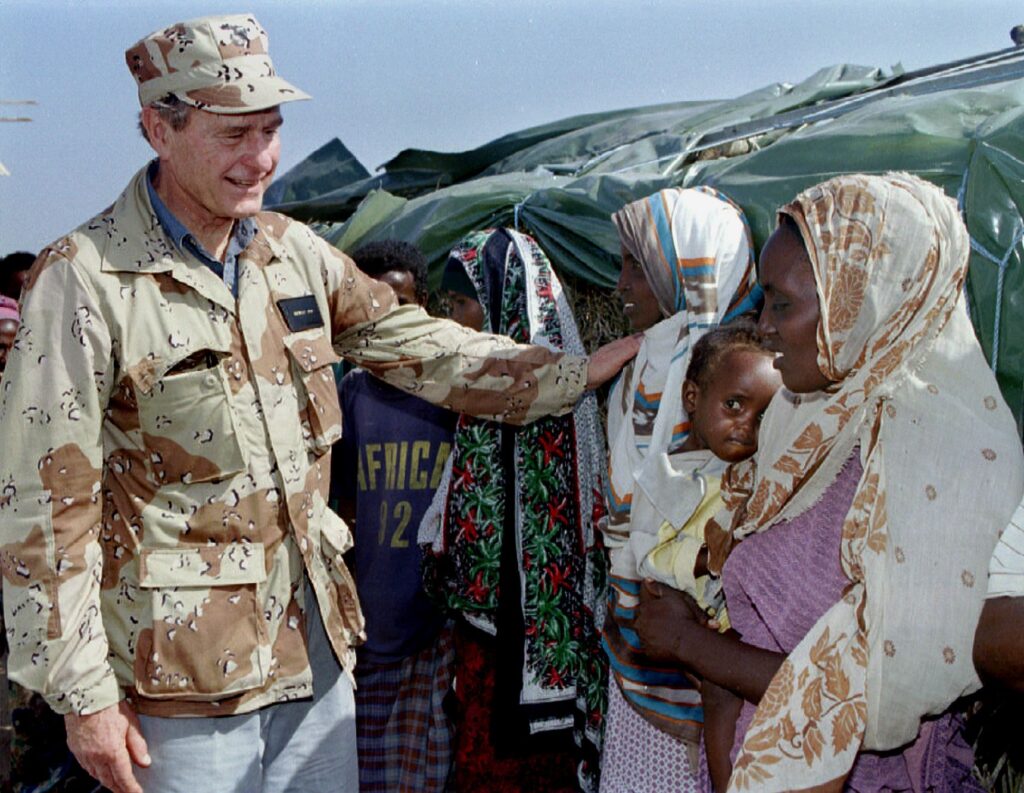
U.S. President George H.W. Bush in Somalia circa 1993. Photo from Newsweek
One fabled anecdote about the CNN Effect is US President George H. W. Bush’s reaction to images of starving children in Somalia, triggering a media-inspired humanitarian intervention during the 1992 famine caused by the Somali Civil War.
Media scholar Babak Bahador retells Bush’s reaction to watching the news in his book on the CNN Effect. “Upon seeing the images, [Bush Sr.] apparently telephoned Dick Cheney and Colin Powell, stating, ‘Please come over to the White House. I—we—can’t watch this anymore. You’ve got to do something,’” Bahador wrote.
This is the very crux of the CNN Effect—that the constant barrage of visual images and videos broadcasted in our homes can lead to a dramatic change in the way the masses engage with the government, as they can call on politicians to create policies that would help solve the global problems they see on TV.
In a 2005 panel by the US think tank Wilson Center, former New York Times writer Bill Berkeley situated the CNN Effect during the 1979 Iranian Hostage Crisis, citing how “dramatic television images showing Iranian crowds chanting ‘death to America’ affected US perceptions and policy.”
Berkeley, who had also extensively reported on Africa, stated that news about African countries was accompanied by “television images of suffering, particularly of famine and war,” and affected public perception. He pointed out how this reinforced racist stereotypes toward Africa.
“Overwhelmingly, the history of American coverage of Africa is one that reinforces stereotypes of Africans that serve as a disincentive to enlightened engagement,” Berkeley said.
It was in the early 1990s, when the most popular and accessible mass media channel was television, and the CNN Effect was at the height of its power. However, this has since evolved into what is known as the Al Jazeera Effect.
The Al Jazeera Effect
Technology has fundamentally changed news coverage, especially when TikTok and Facebook have replaced traditional media as the main news providers when it comes to global issues. With the popularity of live streaming and the promotion of citizen journalism, the world has become a smaller place, as information travels faster between countries.
With the advent of social media, images and videos from across the world are now more pervasive than ever. One scroll on our phones takes us to videos and images of various global conflicts: the drone attacks in Ukraine, the refugee crisis in Sudan, or the toxic landfills in Colombia.
These are all the headlines on Al Jazeera’s website, one of the world’s leading 24-hour news agencies, accessed and powered by the internet.
The “Al Jazeera Effect” places the phenomenon in the age of new media. The Al Jazeera Effect describes the impact of new media on global politics, exemplifying the role of independent journalism in the coverage of international affairs.
“[The] media is no longer just information but has a fan base wider than ever before, and exercises unprecedented influence on international politics, where it can be either a tool of conflict or a means of peace,” media scholar Philip Seib said.
Al Jazeera has gained more prominence as it countered the dominant Western coverage of conflicts in the Middle East. “The demand for foreign reporting has increased with the major stories happening in the world,” Al Jazeera correspondent Kristen Saloomey said in an interview with Independent Sources.
“Americans are realizing that what happens in the rest of the world really has an impact on them at home,” Saloomey added.
Al Jazeera’s constant live coverage satisfied the general public’s appetite to find out what’s going on in the rest of the world, giving them viewpoints that Western networks failed to offer.
The double standards of Western War coverage
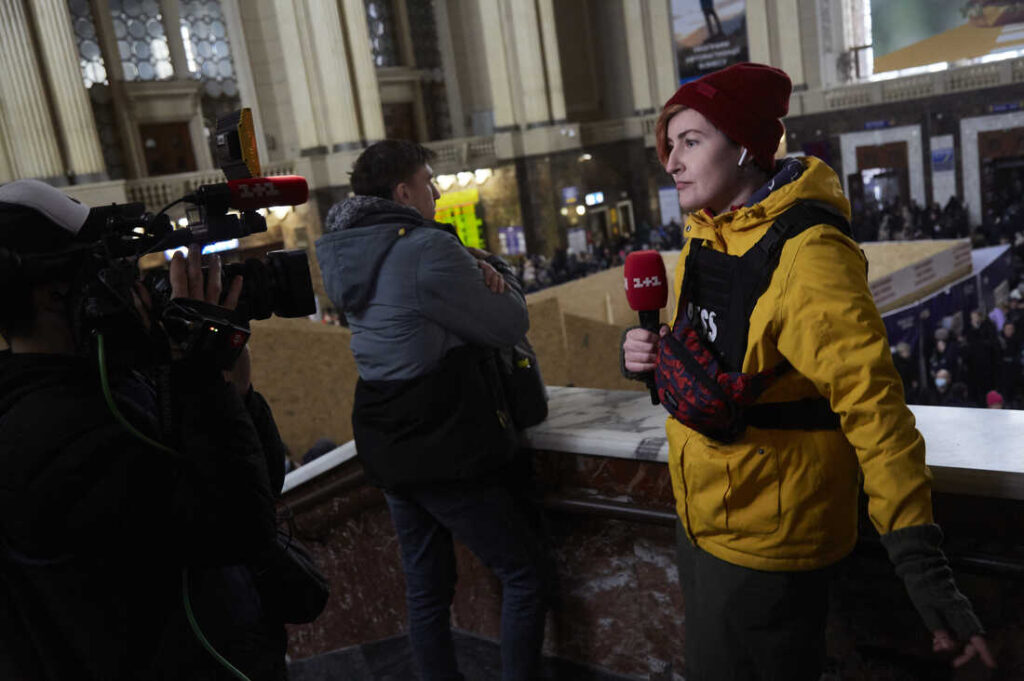
A journalist reports from Kyiv, Ukraine, in March 2022. Photo from NPR
In 2023, the CNN and Al Jazeera Effect remain more relevant than ever, with the continued use of digital media technologies that give the world 24/7 live updates of ongoing global conflicts.
The wall-to-wall coverage of the Ukraine War has shed light on how the Western media covers war victims and paints certain wars as justified through its coverage.
Most war reporters are deployed to countries in the Middle East. As the Western media attempts to contextualize and report on the Ukraine War, their inherent racism was subsequently exposed and criticized. Some foreign correspondents compared their experience in the Middle East to the Ukraine War, resulting in biased coverage.
For example, CBS News foreign correspondent Charlie D’Agata was called out for his comment, as he referred to Ukraine as “a relatively civilized, relatively European … city, compared to Iraq or Afghanistan.”
Media reporters from the Washington Post also noted the difference in the language used toward Ukraine War victims, where they were immediately referred to as “refugees,” as opposed to the usual “migrants” of Africa or the Middle East.
A commentator on BBC News describing war victims as “European people with blonde hair and blue eyes,” also shows the stark difference in the tone of Ukraine War coverage, compared to reportage of past conflict in the Middle East.
This tone of coverage pushes forward a narrative of “worthy” and “unworthy” refugees, where certain wars are justified, and where certain victims deserve help.
Hoda Osman, the president of the Arab and Middle Eastern Journalists Association, told Washington Post that the media had “a responsibility not to push any stereotypes.” Osman added that the overall sympathetic characterization of displaced Ukrainians is something that wasn’t practiced in previous war coverage.
“What is sad this time is that the [offending] comments came so casually, spontaneously, and as a result, revealed existing bias, something we would expect a journalist covering an international event to be above,” Osman said in an interview with CNN.
This type of coverage has also had repercussions on the public perception of US intervention in the Ukraine War. In April, the US announced an additional 1.2 billion US dollars in aid, on top of previous financial packages sent to Ukraine.
According to Ukraine Finance Minister Serhiy Marchenko, Ukraine has received around 16.7 billion US dollars in financial aid from its Western allies just this year. In 2022, the country received around 32.14 billion US dollars in foreign aid.
“In 2022, we had the fantastic example of how the world came to support and show solidarity with the Ukrainian people. But we did not have a similar kind of support and solidarity for the Palestinian people, the people of Ethiopia, Myanmar, and the Democratic Republic of Congo,” Agnes Callamard, Amnesty International’s secretary-general, told Al Jazeera in an interview.
The fourth estate
Former US Secretary-General Boutros Boutros-Ghali said that “television, with its impact on public opinion and influence on policymaking, affected the work of the United Nations like a sixteenth member of the Security Council.”
International coverage and framing play a role in the way governments and international organizations respond to such crises. Again, the coverage of conflicts, pandemics, and global crises sets the agenda and informs the general public.
Therefore, the CNN Effect and Al Jazeera Effect continue to be relevant phenomena in the creation and study of foreign policy. According to media scholar Steven Livingston, media coverage can serve as an accelerant, an impediment, or an agenda-setter.
Media coverage can accelerate government decision-making when it comes to foreign policy, while also impeding security and military operations in a particular situation. Compelling coverage from the other side of the world can also set the agenda and influence public opinion, which can in turn reorder the priorities of the government.
A vibrant press creates a dynamic public sphere, where individuals can freely discuss and shape their opinions, and as such, become informed and educated members of society.
Nowadays, the vital role of the press is often underestimated. In an age where information is everything, everywhere all at once, it is essential to ensure the critical consumption of news coverage, especially when it comes to international affairs.
The media has always been integral in the creation of public policy. It continues to play a critical role in driving public opinion and forcing the hands of politicians.
“Freedom of the press is the foundation of democracy and justice. It gives all of us the facts we need to shape opinions and speak truth to power,” UN Secretary-General António Guterres said during his World Press Freedom Day speech on May 3.
His words serve as a necessary reminder of the role of the press, considered the fourth estate, and its importance in an age where global problems are in need of global solutions.
- In Medias Res: How the press makes and breaks global affairs - October 31, 2023
- Fact checkers on the digital front lines: The war against disinformation on social media - August 3, 2023
- Trash talking: The imperialism of the global waste trade - May 14, 2023

